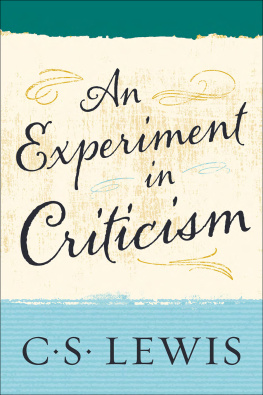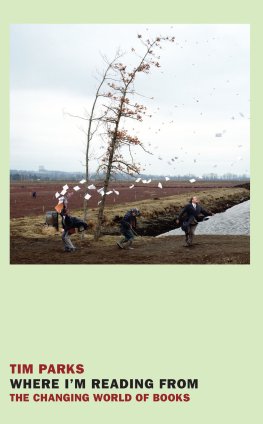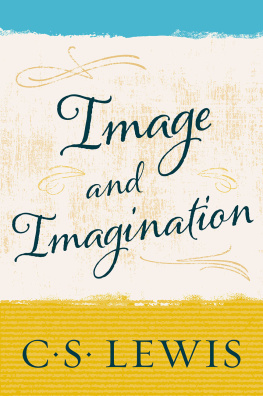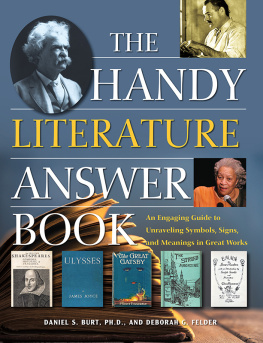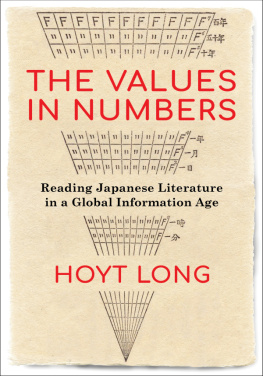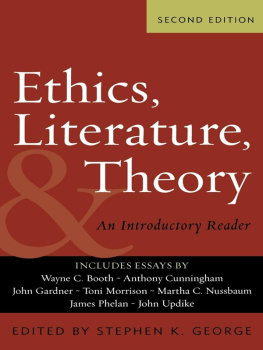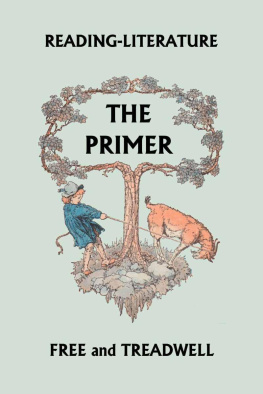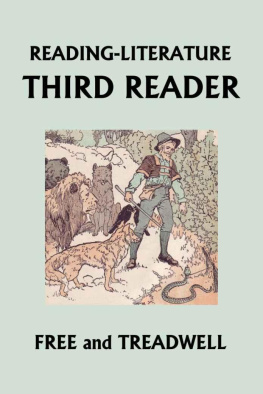CONTENTS
Lewis uses words and quotations from Old English, which contains symbols no longer used in modern English. The yogh () is pronounced /j/, transcribed in modern type as a y, g, or z.
In this essay I propose to try an experiment. Literary criticism is traditionally employed in judging books. Any judgement it implies about mens reading of books is a corollary from its judgement on the books themselves. Bad taste is, as it were by definition, a taste for bad books. I want to find out what sort of picture we shall get by reversing the process. Let us make our distinction between readers or types of reading the basis, and our distinction between books the corollary. Let us try to discover how far it might be plausible to define a good book as a book which is read in one way, and a bad book as a book which is read in another.
I think this worth trying because the normal procedure seems to me to involve almost continually a false implication. If we say that A likes (or has a taste for) the womens magazines and B likes (or has a taste for) Dante, this sounds as if likes and taste have the same meaning when applied to both; as if there were a single activity, though the objects to which it is directed are different. But observation convinces me that this, at least usually, is untrue.
Already in our schooldays some of us were making our first responses to good literature. Others, and these the majority, were reading, at school, The Captain , and, at home, short-lived novels from the circulating library. But it was apparent then that the majority did not like their fare in the way we liked ours. It is apparent still. The differences leap to the eye.
In the first place, the majority never read anything twice. The sure mark of an unliterary man is that he considers Ive read it already to be a conclusive argument against reading a work. We have all known women who remembered a novel so dimly that they had to stand for half an hour in the library skimming through it before they were certain they had once read it. But the moment they became certain, they rejected it immediately. It was for them dead, like a burnt-out match, an old railway ticket, or yesterdays paper; they had already used it. Those who read great works, on the other hand, will read the same work ten, twenty or thirty times during the course of their life.
Secondly, the majority, though they are sometimes frequent readers, do not set much store by reading. They turn to it as a last resource. They abandon it with alacrity as soon as any alternative pastime turns up. It is kept for railway journeys, illnesses, odd moments of enforced solitude, or for the process called reading oneself to sleep. They sometimes combine it with desultory conversation; often, with listening to the radio. But literary people are always looking for leisure and silence in which to read and do so with their whole attention. When they are denied such attentive and undisturbed reading even for a few days they feel impoverished.
Thirdly, the first reading of some literary work is often, to the literary, an experience so momentous that only experiences of love, religion, or bereavement can furnish a standard of comparison. Their whole consciousness is changed. They have become what they were not before. But there is no sign of anything like this among the other sort of readers. When they have finished the story or the novel, nothing much, or nothing at all, seems to have happened to them.
Finally, and as a natural result of their different behaviour in reading, what they have read is constantly and prominently present to the mind of the few, but not to that of the many. The former mouth over their favourite lines and stanzas in solitude. Scenes and characters from books provide them with a sort of iconography by which they interpret or sum up their own experience. They talk to one another about books, often and at length. The latter seldom think or talk of their reading.
It is pretty clear that the majority, if they spoke without passion and were fully articulate, would not accuse us of liking the wrong books, but of making such a fuss about any books at all. We treat as a main ingredient in our well-being something which to them is marginal. Hence to say simply that they like one thing and we another is to leave out nearly the whole of the facts. If like is the correct word for what they do to books, some other word must be found for what we do. Or, conversely, if we like our kind of book we must not say that they like any book. If the few have good taste, then we may have to say that no such thing as bad taste exists: for the inclination which the many have to their sort of reading is not the same thing and, if the word were univocally used, would not be called taste at all.
Though I shall concern myself almost entirely with literature, it is worth noting that the same difference of attitude is displayed about the other arts and about natural beauty. Many people enjoy popular music in a way which is compatible with humming the tune, stamping in time, talking, and eating. And when the popular tune has once gone out of fashion they enjoy it no more. Those who enjoy Bach react quite differently. Some buy pictures because the walls look so bare without them; and after the pictures have been in the house for a week they become practically invisible to them. But there are a few who feed on a great picture for years. As regards nature, the majority like a nice view as well as anyone. They are not saying a word against it. But to make the landscapes a really important factor in, say, choosing the place for a holidayto put them on a level with such serious considerations as a luxurious hotel, a good golf links, and a sunny climatewould seem to them affectation. To go on about them like Wordsworth would be humbug.
It is, in the logical sense, an accident that readers of the one kind are many and those of the other few, and the two kinds are not characterised by these numerical terms. Our business is with different ways of reading. Common observation has already enabled us to make a rough and ready description, but we must try to penetrate further. The first step is to eliminate some hasty identifications of the few and the many.
Some critics write of those who constitute the literary many as if they belonged to the many in every respect, and indeed to the rabble. They accuse them of illiteracy, barbarism, crass, crude and stock responses which (it is suggested) must make them clumsy and insensitive in all the relations of life and render them a permanent danger to civilisation. It sometimes sounds as if the reading of popular fiction involved moral turpitude. I do not find this borne out by experience. I have a notion that these many include certain people who are equal or superior to some of the few in psychological health, in moral virtue, practical prudence, good manners, and general adaptability. And we all know very well that we, the literary, include no small percentage of the ignorant, the caddish, the stunted, the warped, and the truculent. With the hasty and wholesale apartheid of those who ignore this we must have nothing to do.
If it had no other defect it would still be too diagrammatic. The two sorts of readers are not cut off by immovable barriers. Individuals who once belonged to the many are converted and join the few. Others desert from the few to the many, as we often sadly discover on meeting an old schoolfellow. Those who are on the popular level as regards one art may be deeply appreciative of another; musicians sometimes have deplorable preferences in poetry. And many whose responses to all the arts are trivial may yet be people of great intelligence, learning and subtlety.

